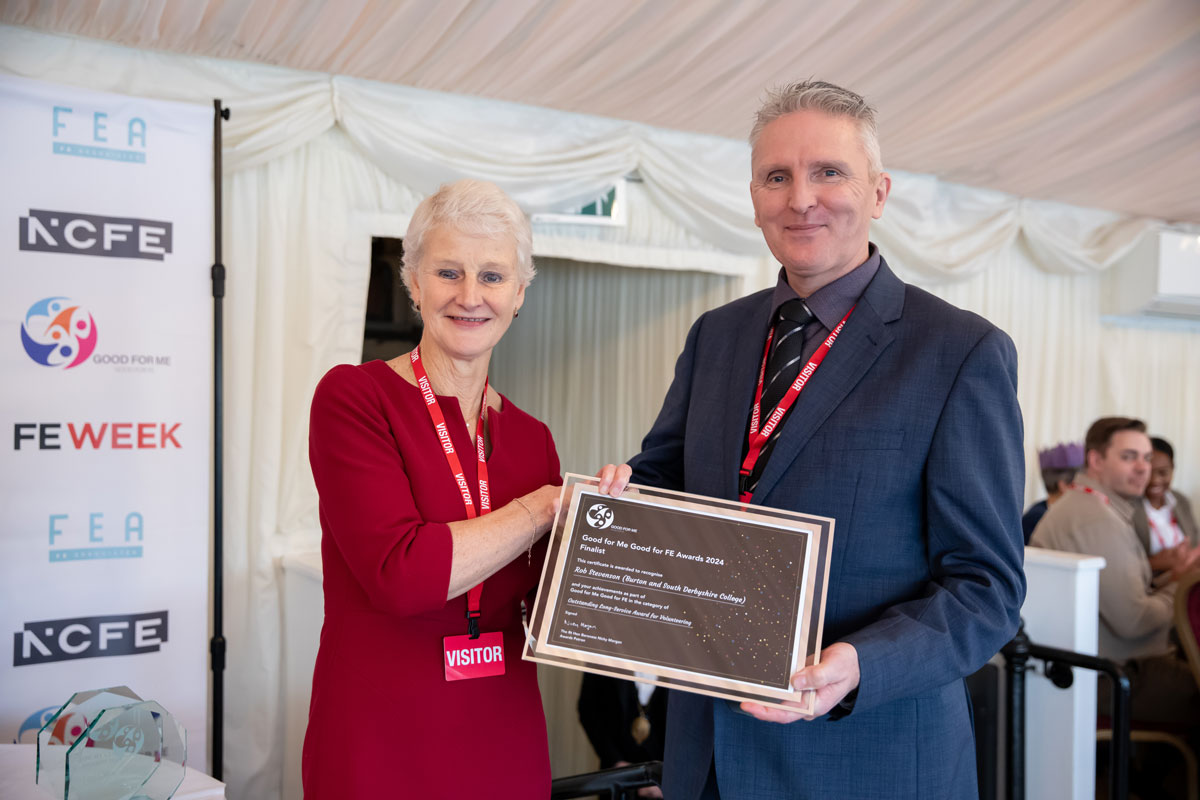Challenges from Australia: What Can We Learn?

During a recent business trip to Australia, I attended the Institute of Employment Professionals (IEP) Fellow Dinner in Sydney. While one evening’s conversation can only provide a snapshot, the discussions with some of Australia’s top employment professionals offered fascinating insights into how another country approaches their workforce challenges.
Youth Employment Challenges
One key topic that emerged was Australia’s concern about its rising NEET (Not in Education, Employment, or Training) numbers, which currently stand at 8.57%. While this is causing concern in the sector, it’s notably lower than the UK’s rate of 12.2%.
During this discussion, Rob Murphy, Head of Employment Services at SSI, offered an interesting perspective on tackling the NEET numbers. He suggested implementing tax incentives for employers who hire people with disabilities. Given that one in five Australians has a disability, he argued that properly utilising this talent pool could significantly increase overall employment rates. This practical approach to inclusion could help address disability unemployment and the overall NEET numbers.
Knowledge Sharing Approaches
The conversation flowed naturally between various topics. A significant portion focused on how Australian organisations share their successful strategies. It seems quite different from the UK’s collaborative networks, where organisations share best practices and insights regularly. The Australian leaders described a more individualized approach, with organisations developing their methods independently.
The AI Discussion
During dinner, I had an interesting conversation with several Australian leaders about AI’s impact on employment services. They explained how the Australian sector advocates for proper frameworks before rushing into AI initiatives. Rather than just implementing AI training programs, they want clear guidelines and regulations established first. This more measured approach to AI adoption made a lot of sense—focusing on getting the foundations right before making significant investments in new technology.
Identity and Career Progression
During the main course, the conversation shifted to the unclear career paths in employment services. Charissa Mossop, Next Progam Manager – Transition to Work & ParentsNext at OCTEC Limited Australia, made a striking observation: “No one grows up saying they want to work in employment services.” This sparked a thoughtful discussion about the sector’s identity crisis. The comment highlighted how the lack of clearly defined progression routes affects employment service professionals. A key concern raised was that frontline workers don’t feel like professionals in their roles. This sense of diminished professional status, combined with uncertain career progression, creates significant challenges for the sector’s workforce development and retention.
Research and Implementation
The discussion also touched on research implementation, with several attendees sharing their experiences of trying to bridge the gap between academic findings and practical application. They described the challenges of translating theoretical approaches into workable solutions on the ground. This led to a robust discussion about leadership’s role in effectively implementing change. The consensus was that comprehensive leadership training could be valuable in helping managers better translate research into practice and guide their teams through evolving service delivery models.
Common Ground
Throughout the evening, it became clear that while our countries might take different approaches, we’re all working toward the same goal – improving employment services and helping people find meaningful work. The dinner highlighted how valuable it can be to hear perspectives from different parts of the world, even if our challenges are often surprisingly similar.
What I Would Have Loved to Talk More About
I would have loved to discuss implementing Australia’s immigration model in the UK. New Zealand, Norway, and Australia have the most development-friendly migration policies, and this could be a great inclusive way to fix our skills gaps while we wait for our training facilities to improve. However, it’s interesting to note that although Australia can attract great talent, it is apparently still struggling to place migrants in appropriate roles.
What Can We Learn?
Looking back at these conversations, it’s clear that employment challenges are increasingly global. While comparing different countries’ approaches can be insightful, we need to think beyond bilateral comparisons between developed nations like the UK and Australia. Employment challenges – from AI transformation to climate change impact on jobs – don’t respect borders and require worldwide collaboration.
The shared challenge of professional identity in employment services reveals a universal issue that transcends borders. While the contrast between the UK’s collaborative approach and Australia’s more individualised methods is interesting, we’re still thinking too locally when employment challenges are increasingly borderless.
The immigration discussion highlighted this global interconnection perfectly. While developed nations like Australia attract skilled migrants, the bigger picture involves talent flow and integration worldwide. We need collective global strategies that benefit all nations – not just agreements between developed countries. Understanding how emerging economies and developing nations approach these challenges could offer the fresh perspectives we’re missing. After all, some of the most innovative employment solutions might come from places facing the greatest challenges.
In today’s interconnected world, viewing employment challenges through a national lens may limit our potential for solutions. Perhaps it’s time for a global approach to employment services, where professionals worldwide share real-time insights, strategies, and solutions. The future of work is global – our approach to employment services should be, too!
Looking Forward
The evening’s discussions highlighted how valuable international perspectives can be. While both countries operate differently, we face similar core challenges around youth employment, disability inclusion, and professional development.
The possibility of future collaboration between the UK and Australia is intriguing, whether through informal knowledge sharing or more structured exchanges. What’s clear is that there’s much we could learn from each other’s successes and setbacks.
The key takeaway was that despite working on opposite sides of the world, employment professionals share a common goal – helping people find meaningful work. Sometimes, it takes stepping outside our usual environment to see both our challenges and possible solutions more clearly.
By Danny O’Meara, Digital Project Manager, FE News
P.S. A massive shout out to Scott Parkin and Matt Crossingham for having me!











Responses